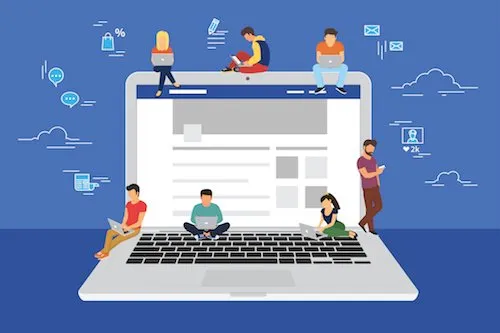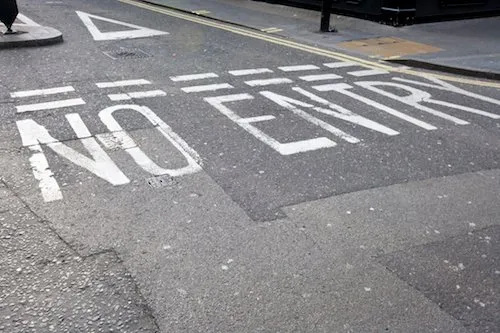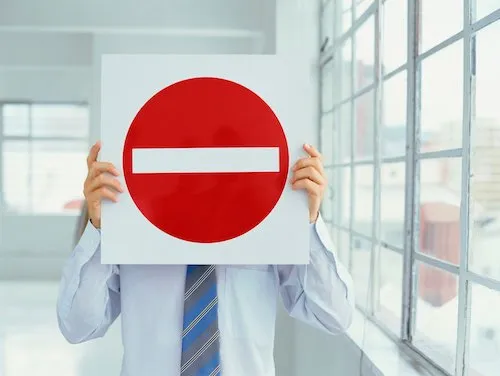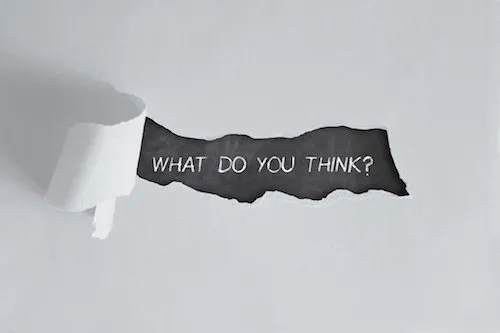
Introduction
In line with my desire to try to increase engagement and discussion I would like to occasionally post on more hypothetical subjects with a view to fostering debate.
The topics may be more controversial and far fetched compared to my normal posts but with the aim of creating a more colourful conversation.
I will be posting these with the primary #debate tag and would invite others to do the same.
Today I'm looking at 21st Century Damnatio Memoriae:
What is Damnatio Memoriae?

In ancient Rome there existed a punishment that was considered to be worse than death.
Members of society who committed treasonous acts or dishonoured the state would suffer "damnatio memoriae".
The literal meaning of this is damnation/condemnation of memory. These transgressors would literally be erased from history.
Their names would be removed from all records, their property would be seized and any artwork that featured their image would be destroyed or altered.
If carried out to its full extent, it would seem like the transgressor never existed.
A similar practice existed in ancient Egypt where it was believed that removal of a person's name would actually affect them beyond the grave.
In more recent times the USSR would "remove" people who fell out of favour with the regime from photographs and records in addition to imprisonment (or execution).
To the outside world and even within the Soviet Union itself, these people simply ceased to exist.
As more and more of our lives move online we may be creating the circumstances for a new kind of electronic - "damnatio memoriae".
The Information Meta-State (IMS)

Today an ever increasing amount of our information is stored online.
This information is controlled, manipulated and regulated by giant corporations like Google, Facebook and Microsoft.
These corporations have vast wealth that is equivalent to some nation states.
Their true power in my opinion comes from the control they have over our information as well as the ability to access it.
This reaches across national boundaries and will likely continue to grow as more and more things are moving online.
Now, more than ever, information is power.
Organisations like Google are not merely wealthy they have the kind of powers that previously only countries and governments would have.
In a sense one could say that they comprise a kind of Information Meta-State (yes it is a terrible name but I couldn't think of anything better).
In some respects they are even more powerful than certain conventional nation states because their power reaches far beyond regular geographic boundaries.
According to ComScore Google still holds over 60% of the desktop search market.
Their mobile search dominance is even greater due to Android being the major mobile OS.
It is very easy for an organisation with such a vast amount of power to abuse it - their interests do not necessarily align with those of their users.
This possibility increases even more if they collude with other powerful organisations, particularly governments.
This is what may ultimately make the IMS even more powerful than any single state government.
Omission by Decree

Recently Google and Bing agreed to "voluntarily" remove or demote links (in the UK) that media industry lobbying groups consider to be infringing copyright.
According to a Telegraph Article
"US tech giants Google and Microsoft have reached a truce with the Government and the creative industries in a bitter and long-running battle over links to pirated films and music online."
"The agreement follows years of campaigning by record labels and film studios, which have accused Google and Microsoft of turning a blind eye to piracy and dragging their feet over measures to protect copyright online."
This sets a troubling precedent.
It is a worrying example of how supposedly independent organisations can collude to serve particular interests and government pressure.
It makes sense from a business perspective. As a corporation Google wants to make money and so wants to maintain good relationships with governments.
The problem is that doing what the government wants is not always what is right or in the best interests of their customers.
Governments have a tendency to change their minds over time about what is right and wrong, who they like and who they don't as well as what can and can't be said.
The Soviet Union may have been an extreme example but they all engage in this to some degree as administrations change and their perceptions change too.
Over-Reach Seems to be the Norm

If there is one thing governments and agencies like doing it is over-reaching and misusing their power.
I believe it is a fundamental issue that stems from the human tendency for corruption and the general motivation that we have to make our lives as easy as possible.
Certain laws and actions start off with one intention but they often get used to do other things and I think it is for this very reason.
Today government pressure might be fighting piracy but could it go further in the future?
Could governments start taking such actions against individuals they don't "like" or find problematic.
For example, imagine you were a whistle-blower or a political critic which the government considered a threat.
Could they put pressure on a company like Google to remove you from search results?
If they can get Google to do it for piracy why not this?
Maybe they would just accuse you of piracy - seems like in modern times it is one of the worst crimes you can commit.
What if LinkedIn, Facebook or Twitter agreed to remove or freeze your accounts?
It is already easy for states to freeze your bank accounts and stop you from financially transacting.
Will the future involve freezing your online social transactions - a kind of erasure of your online "name"?
I am not sure that I would trust them to exercise restraint:
A Functional Damnatio Memoriae?

This could be a more insidious form of punishment than imprisonment.
Although it is unlikely you could be completely erased from the web, the distinction may become entirely academic if you rely on companies like Google, Facebook and the like for your business:
We hear all the time how important social media marketing is, how it is your brand.
People now spend many hours if not years cultivating their networks and online social connections.
This may not apply to all occupations yet but as time passes those that are immune to it will become a smaller and smaller subset.
As more and more jobs move online and more people become self employed, destroying your personal brand could literally leave you financially destitute and potentially living on the streets.
Additionally when much of conversation, media and information sharing occurs online you could find yourself losing your voice and your ability to network with others too.
As time passes this kind of action will have more and more drastic consequences.
In some ways this online marginalisation could be just as effective as physically removing you from society.
What could previously be accomplished by banishment, exile or execution may be done more quickly and efficiently by just erasing you or blocking you from vital parts of the web.
What is the Solution?

One solution that I can think of is greater use of decentralised systems.
Without the ability of a central authority to control something there is less scope for governments and other organisations to interfere and over-reach.
Blockchains are one example. On a truly decentralised blockchain no central authority can erase or block your information.
Taking the example of bitcoin you would need to control or surpass the majority of the hash-rate (a 51% attack) in order to do this.
This is not impossible but it does at least create a protective barrier of sorts.
Blockchains are not just a means of storing your assets without government intrusion, they could also protect you from this form of marginalisation and isolation.
The more blockchain platforms like Steemit that we have, the greater the protective safety net will be.
It is one of the best ways to counter the over-centralisation and concentration of power that we see all around us.
The big problem I think is convincing the masses of the need for this.
Most of them seem to be blissfully unaware of such issues.
Conclusion

As more and more of our lives are transferred online and we put our trust in large corporations to manage our online personas, we also put ourselves at the mercy of their judgement and actions.
It is all too easy for them to act against our interests and collude with organisations which may not have our best interests at heart.
Making us disappear online or denying us our online personas may eventually be just as disabling to our lives as actual imprisonment and other more ancient forms of punishment.
It may seem far fetched but that does not mean it can't or won't happen.
Decentralised platforms which duplicate the functions of these organisations may offer us some degree of protection against such eventualities.
This will require educating people to potential threats that they may currently be ignorant of.
What do you think? Please have your say in the comments.
Thank you for reading

References
- Wikipedia contributors. 2017. “Damnatio Memoriae.” Wikipedia, The Free Encyclopedia. February 26. https://en.wikipedia.org/w/index.php?title=Damnatio_memoriae&oldid=767515350.
If you like my work please follow me on Steemit: @thecryptofiend & on Twitter : Soul_Eater_43.
All uncredited images are taken from my personal Thinkstock Photography account. More information can be provided on request.
Before you go have you filled in the Coinbase form to list STEEM? It only takes a few seconds. THIS POST shows you how.
Are you new to Steemit and Looking for Answers? - Try:
